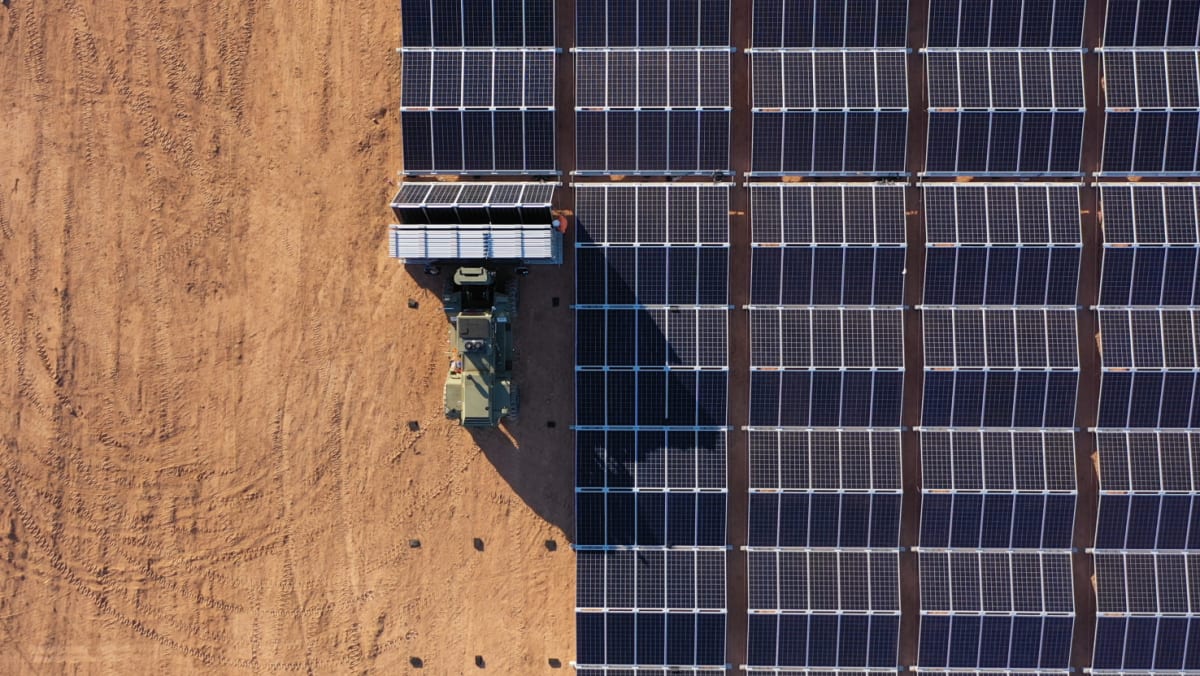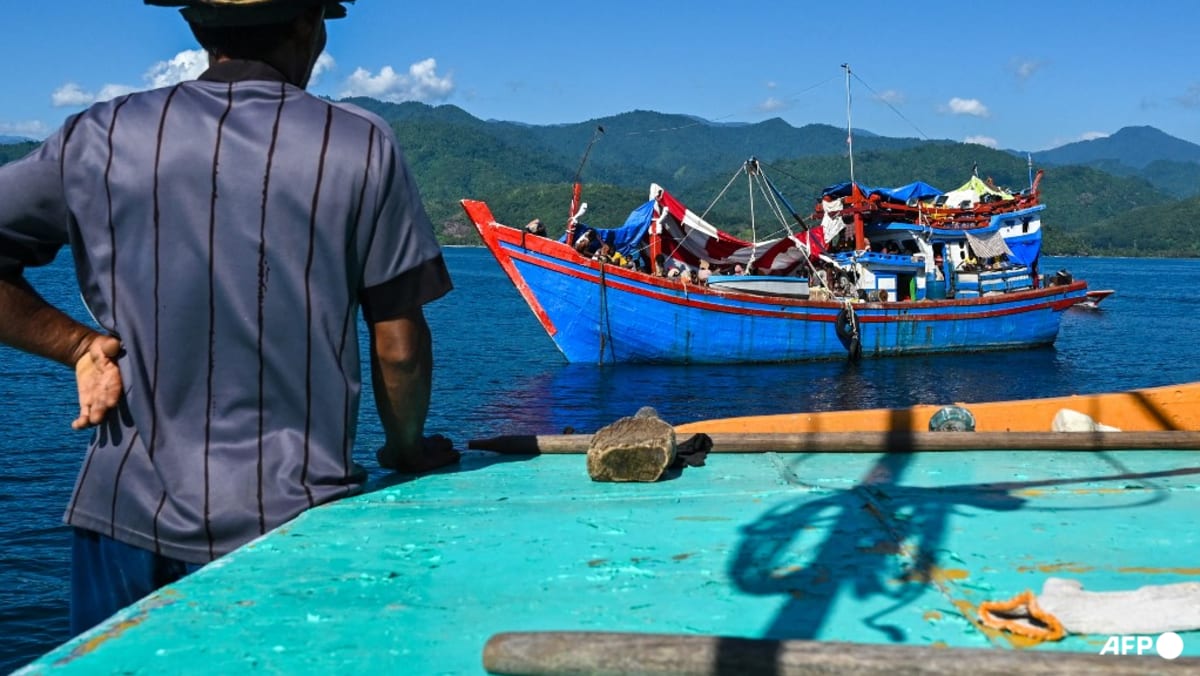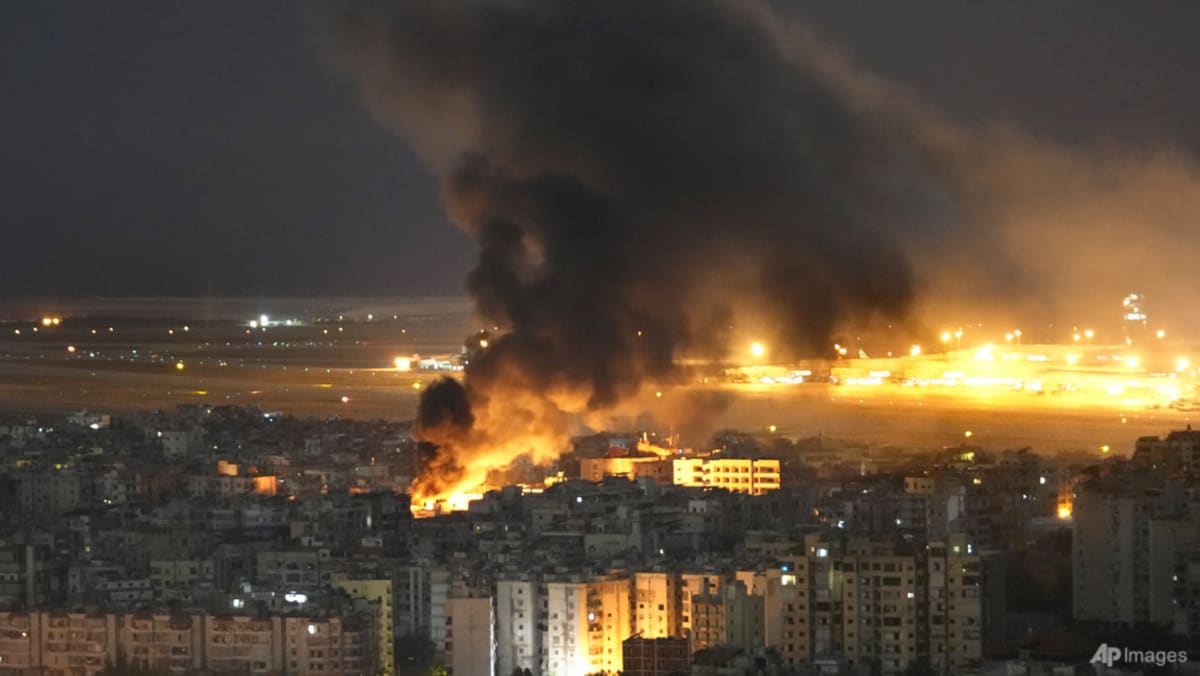HAVANA: Electricity has been restored to almost 90 per cent of Havana, the Cuban capital’s energy supplier reported on Monday (Oct 21), but several provinces remained without power four days after the start of a nationwide blackout.
The lights went out for the Communist-run island’s 10 million people on Friday after the collapse of the nation’s largest power plant crippled the whole grid.
By Monday afternoon, around 89 per cent of customers in Havana – home to some two million people – had power again, the capital’s electricity company said in a report published by state-run news portal Cubadebate.
“Of course I’m happy!” Olga Gomez, a 59-year-old housewife in Havana, said after the lights came back on.
“I have an elderly senile mother of 85 and an autistic son. It’s very difficult when there’s no power,” she told AFP.
Many residents outside Havana, however, remained without electricity, according to the authorities.
With concerns of instability rising in a country already battling sky-high inflation and shortages of food, medicine, fuel and water, President Miguel Diaz-Canel warned Sunday that his government would not tolerate attempts to “disturb public order.”
In July 2021, blackouts sparked an unprecedented outpouring of public anger, with thousands of Cubans taking to the street and chanting slogans including “Freedom!” and “We are hungry.”
Residents voiced frustration at the latest power outage, which crippled businesses and caused food in fridges to go bad.
“I feel like crying, like screaming. Honestly, I don’t know what I’m going to do,” said Kenia Sierra, a housewife.
Dozens of people took to the streets over the weekend in one neighbourhood, banging pots and pans and shouting “Turn on the lights.”
Cuba was still bathed in darkness on Sunday when Hurricane Oscar made landfall in the eastern part of the country in the early evening as a Category 1 storm.
It weakened into a tropical storm as it moved inland, the US National Hurricane Center said, whipping up waves up to 13 feet (four meters) high along the eastern coast.
Heavy rainfall was expected to bring “significant, life-threatening flash flooding along with mudslides,” the NHC warned on Monday.
Roofs and the walls of houses were damaged, and electricity poles and trees felled, state television reported.














